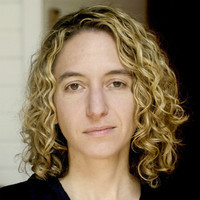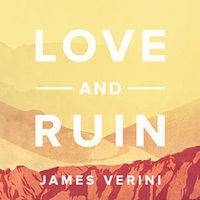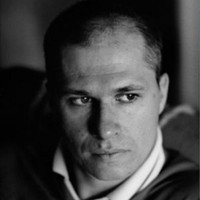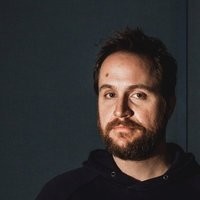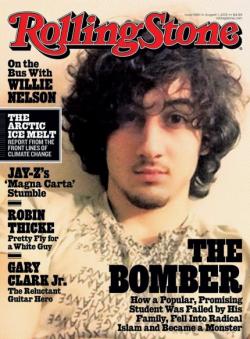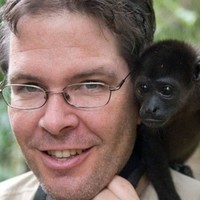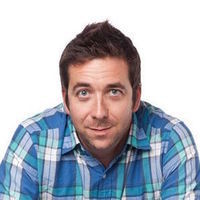Chloé Cooper Jones is a philosopher and journalist whose work has appeared in GQ, The Verge, The Believer and many other publications. Her new book is Easy Beauty.
”I literally didn't talk to anyone in my life about disability until I was, like, 30. Ever. Not my husband, not my friends, as little as possible to my own mother. I had this very bad idea that what I needed to do in every single social situation was wait until people could unsee my body…. And it was all in service of trying to be truly recognized or truly seen. And, of course, what was happening is I was involved in a complete act of self erasure because my body and my real self are related…. There is no real me without my physical self…. I did not think I was going to ever write about this, but once I started, it felt like I met myself for the first time.”


